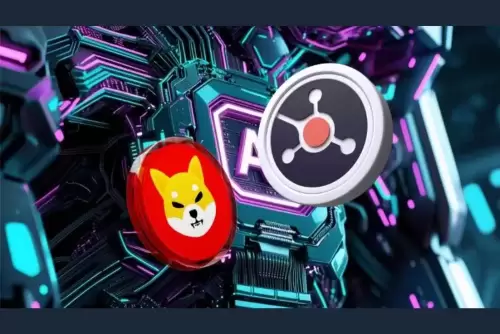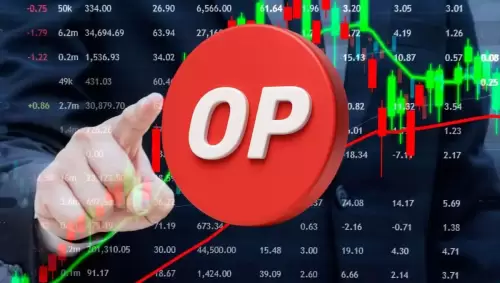 |
|
 |
|
 |
|
 |
|
 |
|
 |
|
 |
|
 |
|
 |
|
 |
|
 |
|
 |
|
 |
|
 |
|
 |
|
That’s the message from Kevin McColly, CEO of Coinstar, the company behind those coin-cashing machines you see in supermarkets.

American consumers are making only 16% of their payments in cash and two-fifths never use cash at all, according to the Federal Reserve and a 2022 Pew survey, respectively.
President Donald Trump has ordered the Treasury to stop minting pennies because their production cost exceeds their value. The same is true of nickels, according to the Federal Reserve.
But many Americans regard both nickels and pennies more as nuisances than as currency. The typical household is sitting on $60 to $90 in neglected coins, enough to fill one or two pint-size beer mugs, according to the Federal Reserve. Americans throw away millions of dollars in coins every year, literally treating them like trash.
Kevin McColly, CEO of Coinstar, thinks we should change the way we think about coins.
“Learn to love your coins. They’re metal. They have a long and useful life,” McColly told Real Money.
To state the obvious, coins are worth money. Coinstar converts $3 billion in coins into spendable cash every year, one coin jar at a time. The average jar yields $58 in buying power.
Most of us don’t realize how much our coins are worth. Thus, a trip to a coin-exchange kiosk (or a bank, or credit union) can yield a pleasant surprise.
“People underestimate the value of their jar by about half. It’s a wonderfully pleasurable experience. People have this sensation of found money,” McColly said.
Certain groups of Americans – lower-income households, and those over 55 – still use plenty of cash, the Fed found, along with people who prefer to shop in person.
As for the rest of us, McColly thinks it is time for a paradigm shift. Don’t think of your coins as clutter. Think of them as recyclables.
“They’re metal. And they have a long and useful life.”
The Treasury still mints more than 5 billion coins a year, although the figure is dropping, according to the journal CoinNews.
“Those are just natural resources coming out of the Earth.” Copper-plated zinc for pennies, copper-nickel alloys for nickels, dimes and quarters.
His point: If Americans got serious about gathering up their idle coins and “recycling” them into the monetary system, the Mint wouldn’t have to make so many new ones.
Granted, McColly has a vested interest. His company collects a small cut of the coins that consumers deposit.
“You can go to your own bank or credit union and not pay any fee,” said Kimberly Palmer, personal finance expert at NerdWallet. Both NerdWallet and Bankrate offer tip sheets on exchanging coins for cash. Most banks will take an account holder's coins for free, Bankrate reports, but not all, and you may need to roll the coins yourself.
“I think that a lot of people probably do have hidden coins stashed around their home, and it can be worth their time to go and collect them,” Palmer said.
McColly notes that Coinstar generally waives its fee if the depositor chooses to trade in coins for a retail gift card, rather than cash.
He is not alone in forecasting a future for the penny, the nickel, and their more profitable kin.
“We’ve been much slower than parts of Europe and Asia to adopt mobile payments and contactless credit cards,” said Ted Rossman, a senior industry analyst at Bankrate.
The pandemic delivered a timely reminder of how much we still rely on cash: Consumers and business owners sat on their coins amid a global shutdown, seeding an actual coin shortage.
“It kind of froze the whole system,” Rossman said.
While Trump has only instructed the Mint to stop making pennies, some voices have urged America to stop using them.
The Common Cents Act, introduced on April 30 by a bipartisan group of lawmakers, would round cash transactions to the nearest five cents.
“The penny is outdated and inefficient and no longer serves the needs of our economy,” said Sen. Kirsten Gillibrand, the New York Democrat.
But the bill could push the nation down a slippery slope.
“So, You Want to Get Rid of the Penny. Do You Have a Plan for the Nickel?” the New York Times asked recently in a headline.
As it turns out, nixing the penny creates new problems. If America rids itself of pennies, the nation will soon find itself flooded with nickels.
The government loses nearly three cents on every penny it mints. On a nickel, it loses nearly nine cents. More nickels would mean steeper losses.
America could kill both the penny and the nickel, the two money-losers on its roster of coins.
But without pennies or nickels, how would a consumer pay a 15-cent tab?
You could round every price to the
Disclaimer:info@kdj.com
The information provided is not trading advice. kdj.com does not assume any responsibility for any investments made based on the information provided in this article. Cryptocurrencies are highly volatile and it is highly recommended that you invest with caution after thorough research!
If you believe that the content used on this website infringes your copyright, please contact us immediately (info@kdj.com) and we will delete it promptly.


























































